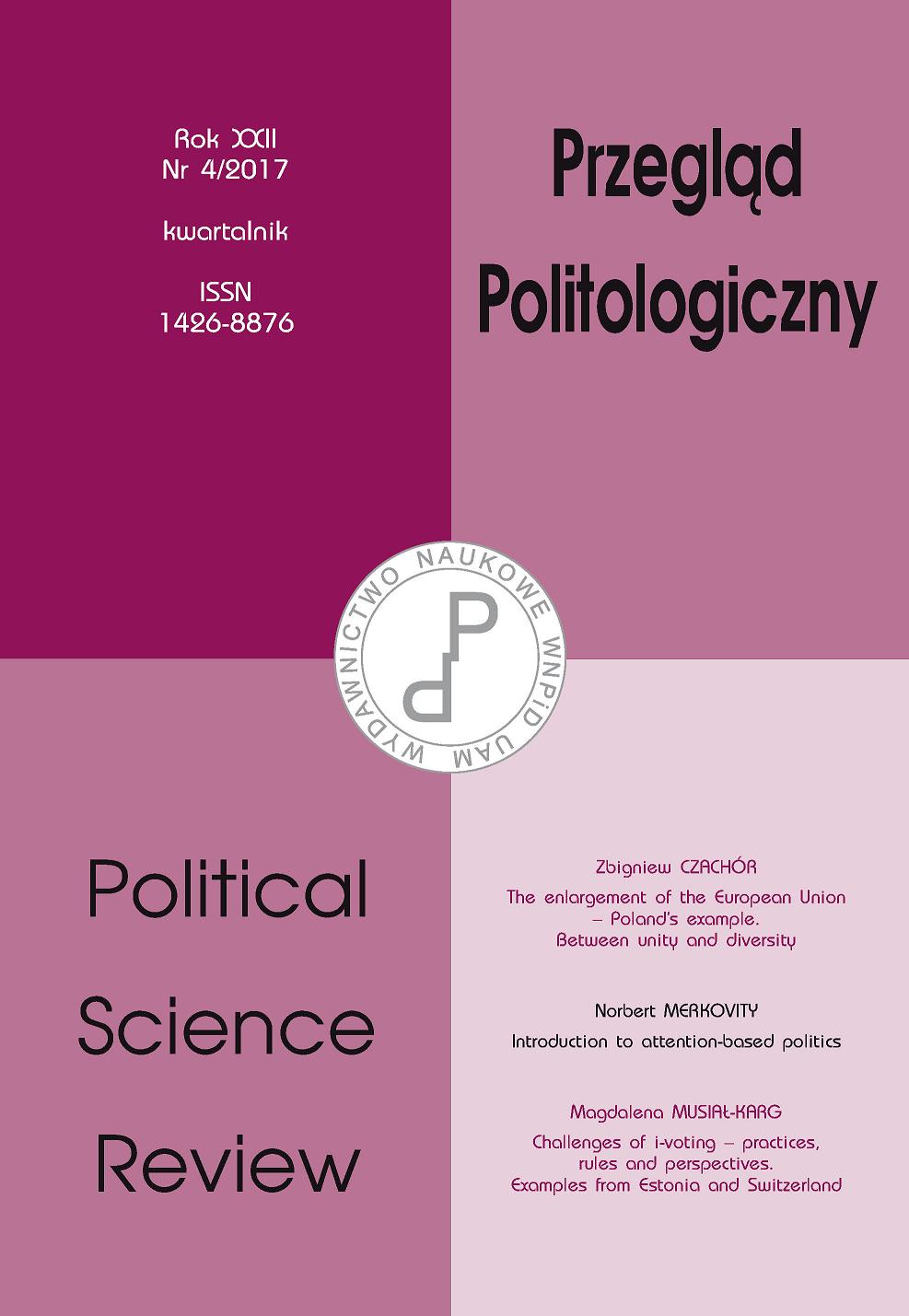Political implications of new social thinking: byproduct of the privatization of the kibbutzim
Political implications of new social thinking: byproduct of the privatization of the kibbutzim
Author(s): Mordechai LevySubject(s): Politics, Political Theory, Sociology
Published by: Uniwersytet Adama Mickiewicza
Keywords: kibbutz; social representation; collective identity; political identity
Summary/Abstract: In the 1980s the kibbutzim suffered a severe economic and demographic crisis, which endangered the continuation of their existence as cooperative communities. The solution was to adopt steps, taken from the ideas of the free market. Beyond the increase of economic efficiency, the rearrangement of the community under new rules was accompanied by political influence, as can be seen in the change of the voting pattern of the kibbutzim members to the Knesset.The main argument is that the arrangement of kibbutz society under the new rules brought into the kibbutz a new social discourse that completely changed the way in which the individual defines himself in social and political terms. The political byproduct was that the Left parties that in the past served as a prototype for the socialist identity were perceived as not relevant to the new social identity, in favor of steadily increasing support for the center parties.To track the change in the political identity, we chose to examine from up close three kibbutzim found at different stages of the change processes: Kibbutz Deganya A, Kibbutz Mizra, and Kibbutz Ein Dor. The objective was not only to identify which group in the kibbutz changed its political identity but primarily, to examine how the penetration of the new social knowledge contributed to this.The findings revealed a large gap in the perception of reality primarily between two age groups in the kibbutz. Unlike the older generation, the younger employed neo-liberal social representations to define itself, the community, and the political system. The left parties, like the old kibbutz, were perceived as old, inefficient, and thus not relevant for it in the voting for the Knesset.
Journal: Przegląd Politologiczny
- Issue Year: 2017
- Issue No: 4
- Page Range: 73-88
- Page Count: 16
- Language: English

